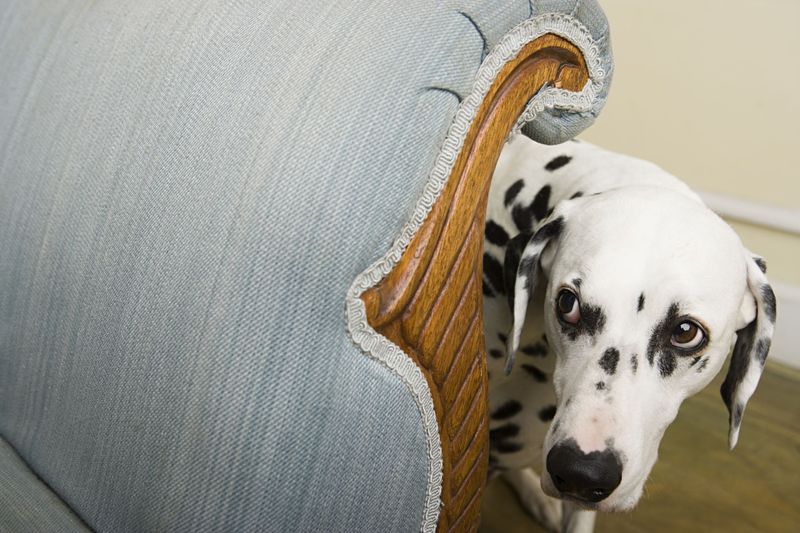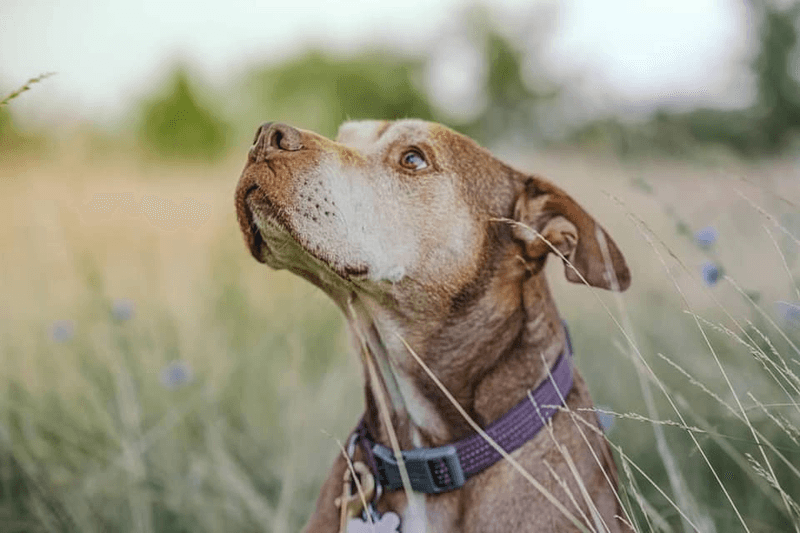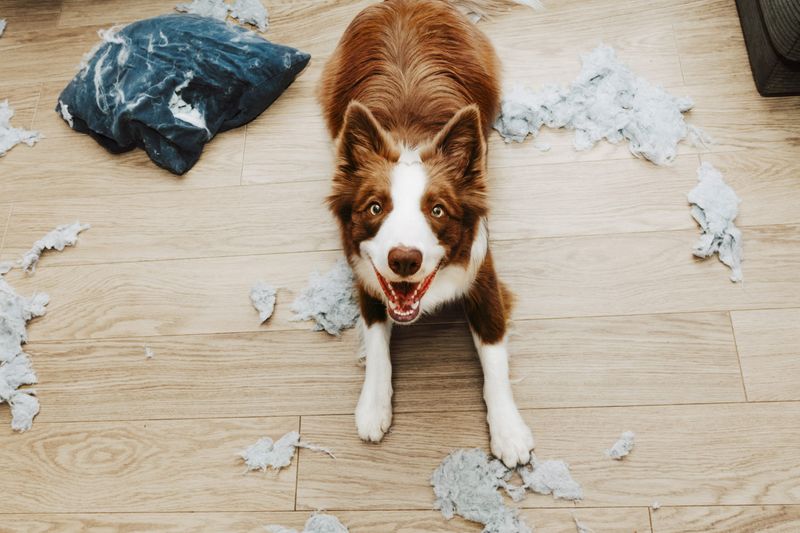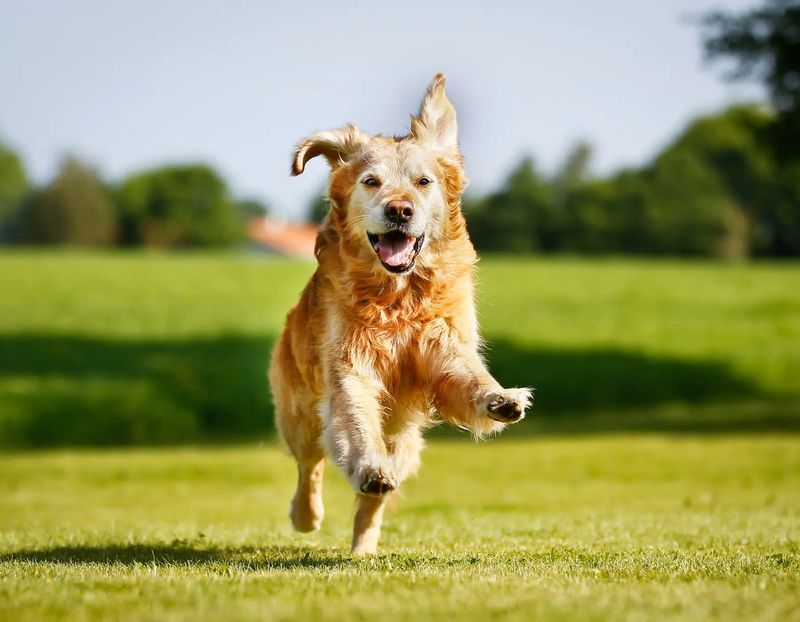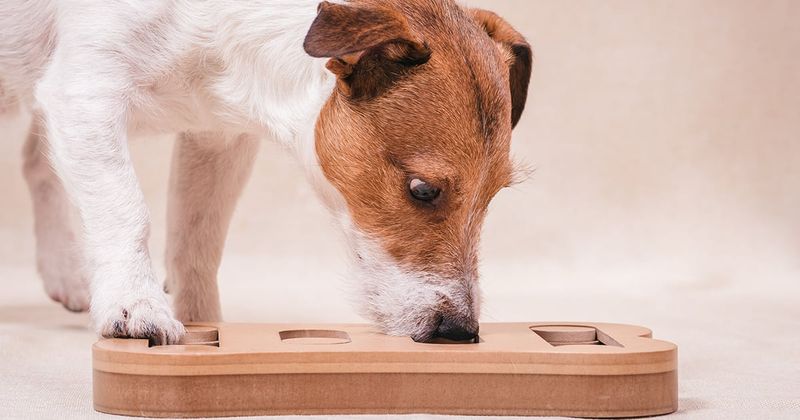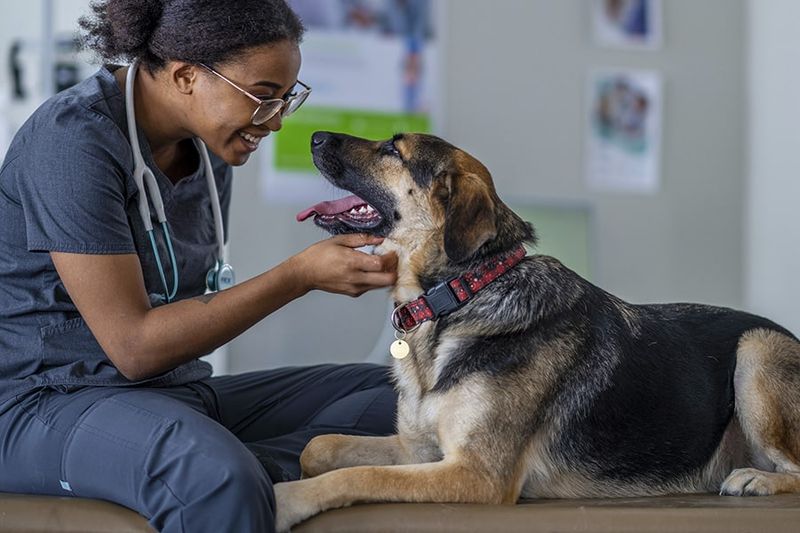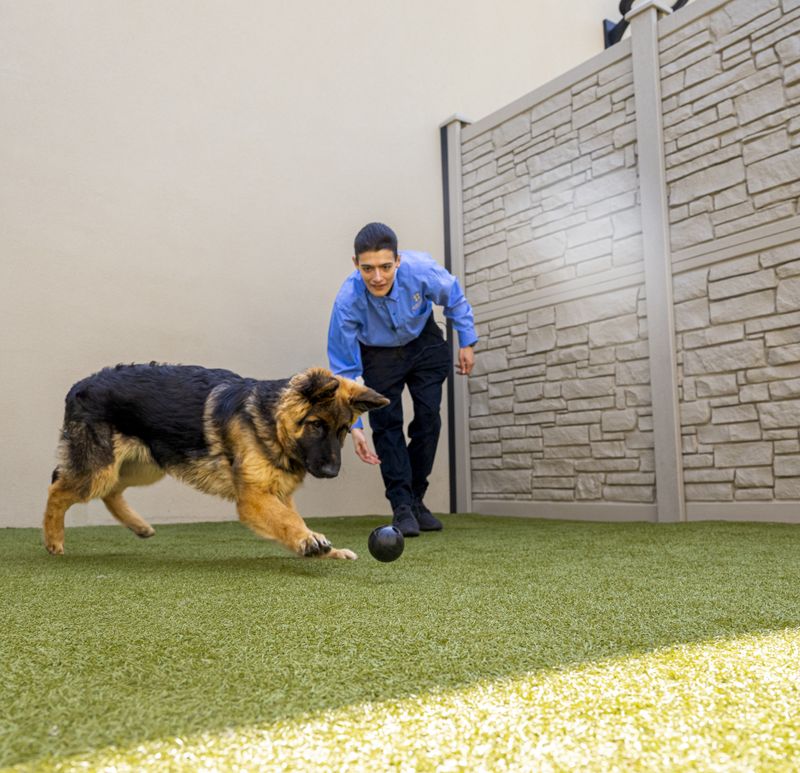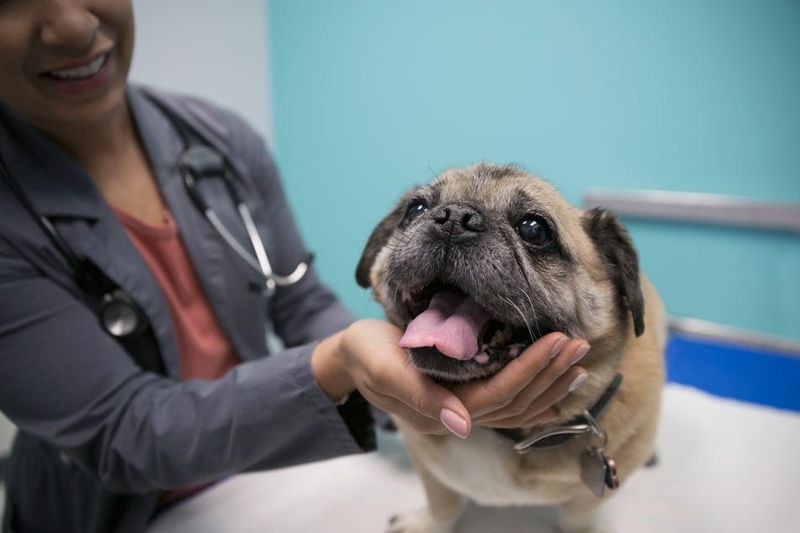Understanding dog anxiety is crucial for pet owners to provide a comforting environment for their companions. Missteps in handling anxiety can exacerbate the situation, causing distress for both the dog and the owner. This guide highlights ten common mistakes to avoid, ensuring a supportive and calm atmosphere for your furry friend.
Ignoring the Signs
Many pet owners overlook subtle signs of anxiety in their dogs, mistaking them for normal behavior. A dog might tuck its tail, avert its eyes, or even tremble slightly. These are not merely quirks but signals of discomfort.
Dogs may exhibit changes in appetite or unusual vocalizations when anxious. Owners might dismiss these as temporary phases.
Recognizing anxiety’s signs is the first step in addressing the issue, helping the dog feel secure. Awareness is key to fostering a tranquil environment.
Overexposure to Triggers
When dogs face their fears too often, anxiety can worsen. A crowded park might be overwhelming for a sensitive dog, causing stress. Small, gradual exposure is more effective.
Pushing a dog beyond comfort limits can lead to heightened anxiety.
Owners should introduce triggers slowly, ensuring the dog feels comfortable and safe. This builds confidence over time.
Lack of Consistent Routine
Dogs thrive on predictability and routine. A lack of consistent daily structure can leave a dog feeling insecure.
Regular feeding times, walks, and playtime help reduce anxiety by providing stability.
Inconsistency can cause confusion and stress. Implementing a reliable routine fosters a sense of security and helps manage anxiety effectively.
Inadvertently Rewarding Anxiety
Comforting a dog during anxiety can sometimes reinforce the behavior. While the intention is good, it can signal that anxiety will be rewarded.
Instead, calm and neutral behavior is more effective. This helps the dog learn to self-soothe.
It’s crucial to remain composed and provide comfort only when the dog is calm, reinforcing positive behavior.
Using Punishment
Punishing a dog for anxious behavior is detrimental. It not only fails to address the root cause but can increase fear.
Dogs associate punishment with fear, exacerbating anxiety symptoms. A gentle approach is needed.
Positive reinforcement and understanding are key in helping an anxious dog feel secure and loved.
Neglecting Exercise
Exercise plays a vital role in managing anxiety. Physical activity helps release pent-up energy and reduce stress.
Dogs lacking regular exercise might feel restless and anxious. A daily walk or play session works wonders.
Engaging activities contribute to a happier, more relaxed dog, minimizing anxiety symptoms.
Ignoring Mental Stimulation
Mental stimulation is as crucial as physical exercise. Dogs need challenges to keep their minds sharp and engaged.
Puzzle toys, training, and interactive games provide necessary mental exercise. Ignoring this need leads to boredom and anxiety.
Incorporating mental activities fosters a balanced, contented dog, reducing anxiety triggers.
Inadequate Vet Visits
Regular vet visits ensure a dog’s health and happiness. Unchecked medical issues can contribute to anxiety.
A vet can identify health problems that might be causing distress, providing necessary treatments.
Routine check-ups and vaccinations promote a healthy, anxiety-free life for pets.
Disregarding Individual Needs
Each dog has specific needs based on breed, age, and personality. A one-size-fits-all approach doesn’t suit all dogs.
Understanding and catering to individual preferences helps alleviate anxiety. Personalized care and attention make a significant difference.
Tailoring care ensures the dog feels valued and secure, enhancing their well-being.
Failing to Seek Professional Help
Sometimes, anxiety requires expert intervention. Professional trainers or behaviorists offer tailored strategies.
Ignoring severe anxiety can lead to behavioral issues. Seeking help early is beneficial.
Expert guidance helps both the dog and owner understand and manage anxiety effectively, fostering a harmonious relationship.


